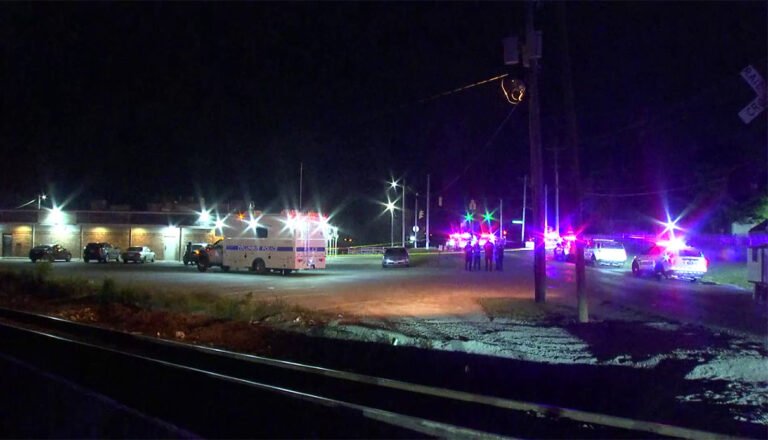COLUMBUS, Ohio (WCMH) – A retired FBI special agent said he wants to change the way police respond to mental health crises.
Columbus police on Wednesday released body camera footage from the fatal police shooting that happened Monday night. Police said multiple officers were called to the suspect’s home for a welfare check about five hours before the shooting. Police said they did not believe he was in danger at the time, but directed their Mobile Crisis Response Unit to check on the suspect the next day.
Gregory Lockett was born and raised in Columbus and later spent 30 years as an FBI special agent in the Atlanta division. Lockett said it’s been hard to watch the recent police-involved shootings, especially those involving mental health crises. Lockett said he understands what it’s like to be an officer in that position.
“In my second year as an FBI agent, I had an unfortunate incident where I had to shoot someone. I didn’t want to do it, but I had to do it. But in the end, I had to get the guy home safe. I understand what police officers go through, but not every situation justifies it,” Lockett said.
He said he was recently introduced to a tool that he believes would help officers responding to mental health crises, and he thinks it would have helped the officer on Monday.
On Monday night, a Columbus Police Department officer shot and killed 35-year-old Noel Hernandez. Police say the incident began with a call about a man with a weapon knocking on a car door and making threats at Georgesville Road and Crime Street. Police say they tried to stop the man multiple times, yelling commands in Spanish and English. Police stopped Hernandez at Sullivant Street and Industrial Mile.
Body camera footage shows five officers surrounding him. They reportedly tried to use their Tasers twice but failed. Police say Hernandez approached the officers again, and all five officers fired at least 13 shots within a matter of seconds.
“There are some new tools that can help in this situation: my daughter introduced me to a device called the BolaWrap. [which looks] “It’s like a Taser. It fires off a Kevlar cord that wraps around the person like a spider web,” Lockett said.
Lockett said he heard about the tool from his daughter, who works for the Atlanta Police Department. He said there are at least two departments in Ohio that use VolaWrap, and the company says police agencies across the country use it.
“This is particularly effective in cases of mental illness or intoxication. You know, it’s not something you use on somebody who has a pistol or a rifle or somebody who has a knife and is violently attacking other people, right? But for those who are seeking help right now, this is a perfect tool,” Lockett said.
Lockett said he plans to propose the BolaWrap tool to the Columbus City Council for consideration.
It is important that the City of Columbus has a mobile crisis response unit that responds to mental health issues. According to the Department of Public Safety, the team is made up of five specially trained crisis intervention team officers and one sergeant. Each officer and sergeant is assigned a clinician from Columbus Public Health. The MCR team operates daily from 10:00 AM to midnight. The second shift is when demand for calls to the team peaks, according to the Department of Public Safety.
Police said MCR was not operational at the time of Monday’s incident and that social workers and clinicians would not be on-site until it was completely safe.
Columbus is also moving forward with creating the city’s first non-police emergency response unit. In February 2023, the Columbus City Council secured funding to create a non-police emergency response team.
Council President Shannon Hardin said the request for proposals closed last night.
“We’re very grateful to our amazing Columbus Police Department. We’re very grateful to our fire department. We’re very grateful to the alternative crisis response program that we have in place. But last night the RFP closed for the non-police response pilot program. So we want to look at an array of options to provide services to our residents and work to ensure we have the best response to that crisis when we need it,” Hardin said.
Hardin said they are now beginning the process of reviewing applicants to find the best person to develop the program.


